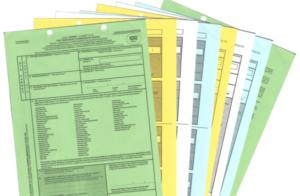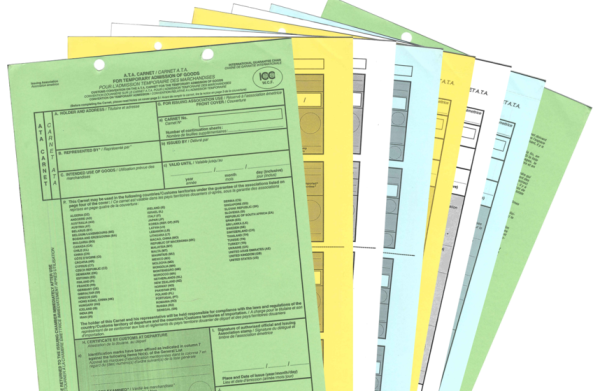
President Rodrigo Duterte on June 23 signed the Instrument of Accession for the Customs Convention on the ATA Carnet for Temporary Admission of Goods, also known as the ATA Convention or Istanbul Convention.
The ATA Carnet system is an international scheme that allows temporary admission and tax-free and duty-free importation of commercial samples, professional equipment, and articles for presentation or use in trade fairs, shows and exhibitions.
Sometimes referred to as the “passport for goods”, the ATA Carnet is a single document that will pass through several customs territories and is valid up to one year. ATA is an acronym of the French and English words “admission temporaire/temporary admission”, while carnets are referred to as “passports for goods” or “merchandise passports”.
Concurrence by at least two-thirds of Senate members is required following the signing of the Convention by the President. The Convention will enter into force three months after the Philippines deposits the Instrument of Accession.
“The system would facilitate Customs controls, therefore reducing the time spent for crossing borders of the goods. It would also contribute to the promotion of trade and open up new and bigger market opportunities overseas once we are ready to host and attend trade fairs again,” Trade Secretary and Export Development Council (EDC) chairman Ramon Lopez said in a statement.
Lopez added that it will also enhance faster flow of product innovations.
Philippine Exporters Confederation, Inc. president and EDC vice chairman Sergio Ortiz-Luis, Jr., for his part, said: “We are thankful that finally, the Instrument of Accession has been signed, giving a positive signal to the world that we are serious in expanding our trade, particularly exports.”
“With the ATA Carnet, there will be savings in terms of time and money in the temporary movement of goods consistent with our thrust to ease doing business in the country,” he added.
In January 2018, the Department of Trade and Industry (DTI) in a position paper said implementing the system “will enable local entrepreneurs, especially the MSMEs [micro, small, and medium enterprises], to participate in trade exhibits, fairs and shows overseas without paying duties and taxes.”
In addition, it will facilitate importation of commercial samples, professional equipment and articles for presentation or use in exhibitions without undergoing the usual customs formalities, “thus enabling traders to save cost and time in clearing goods at the borders.”
At the same time, it will assist Filipino exporters “to access key target markets such as China, USA, EU, Japan, and United Arab Emirates-all of which are signatories to the ATA Carnet,” DTI said.
DTI also pointed out that the provisions of the customs convention conform to provisions of the World Trade Organization’s Trade Facilitation Agreement, and that its principles are already provided under Republic Act No. 10863 or the Customs Modernization and Tariff Act.
The implementation of the ATA Carnet system will support Office of the President Memorandum Circular (MC) No. 27 which directs “all concerned agencies to strengthen the implementation of the Philippine Export Development Plan and involving other agencies in the development of the export sector”.
Specifically, MC 27 mandates the Department of Foreign Affairs to advocate the Philippine accession to the Istanbul Convention.





